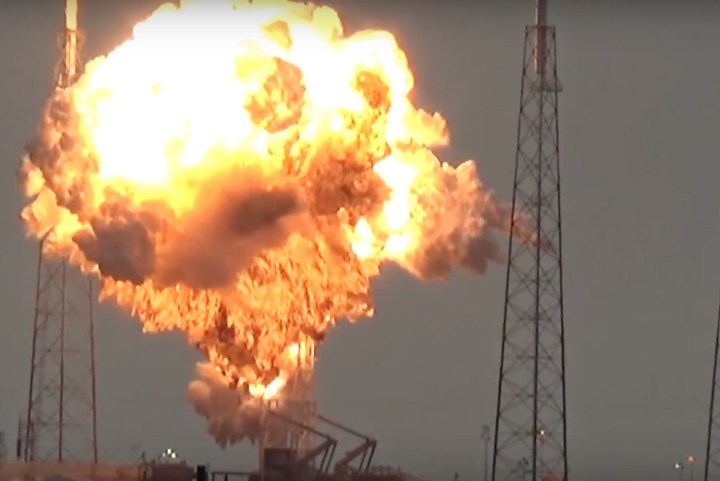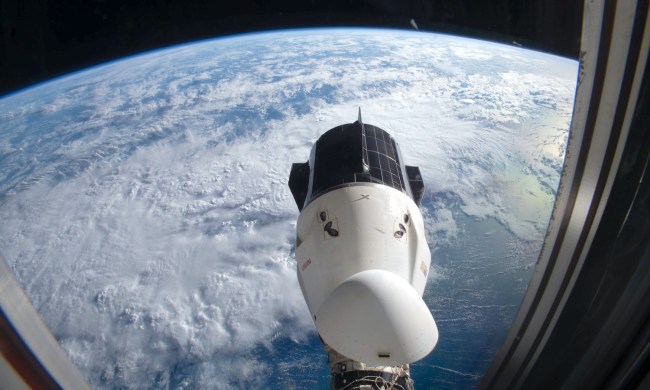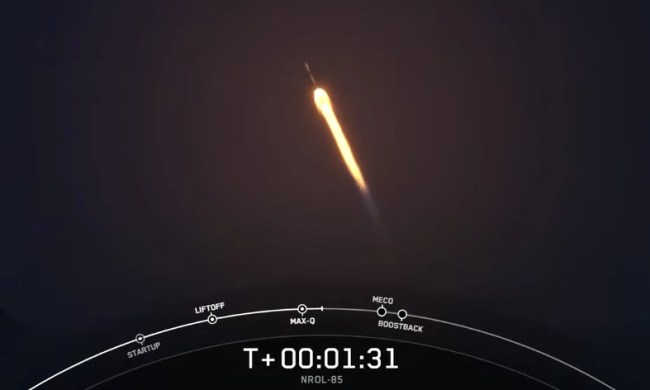
Facebook and Israel-based Spacecom saw their jointly operated internet-giving satellite destroyed, too. And now Spacecom says it may ask SpaceX to cough up $50 million to pay for its loss. Alternatively, it could request a free place on its next launch.
Company officials revealed Spacecom’s possible course of action in a conversation with Reuters on Sunday.
The satellite operator said it could also collect $205 million from Israel Aerospace Industries, which built the now-destroyed Amos-6 satellite.
Spacecom’s planned merger with Beijing Xinwei Technology Group has also been thrown into doubt by the explosion. The Chinese company in August agreed to buy Spacecom for $285 million, but said the deal depended on the successful launch and operation of Spacecom’s satellite.
SpaceX told Reuters it doesn’t reveal information relating to insurance terms or contracts with firms that use its space flights, so at this stage it’s unclear as to how the private space company will deal with any claim from Spacecom.
The Amos-6 satellite, which Facebook was leasing from Spacecom, marked the first step in the social networking giant’s plan to bring low-cost internet connectivity to remote parts of the African continent. Facebook CEO Mark Zuckerberg, on hearing of the rocket’s demise, was quick to express his frustration, saying he was “deeply disappointed to hear that SpaceX’s launch failure destroyed our satellite that would have provided connectivity to so many entrepreneurs and everyone else across the continent.”
The explosion happened as SpaceX was filling its Falcon 9 rocket with fuel, and investigators are currently trying to determine its cause.
It’s the second launch failure for Elon Musk’s SpaceX company in just over a year, and is a serious setback in its long-term goal to build an efficient – and reliable – reusable rocket system to drastically reduce the cost of future space missions.
SpaceX has been making excellent progress in its efforts to land rockets back on terra firma shortly after liftoff, but now its attention will be fixed firmly on the initial part of the mission. After all, with so much expensive equipment on board, multiple companies relying on your technology, and your reputation at stake, any catastrophe like the one that hit the company last Thursday is clearly one too many.


